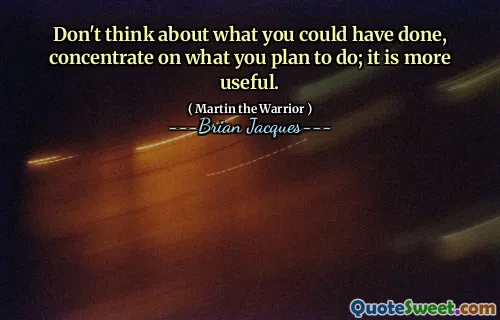
Any strategy, policy call or future manifesto should not view a child's health through the narrow prism of what they eat, but put diet on an equal footing with mental health and physical activity.
This quote emphasizes the importance of a holistic approach to children's health, highlighting that focusing solely on their diet is insufficient. It calls for a broader perspective that recognizes mental health and physical activity as equally vital components of overall well-being. In our society, there is often an overemphasis on what children eat, driven by concerns about obesity, nutrition, and diet control. While diet is undeniably crucial,Viewing it in isolation risks neglecting other critical aspects such as mental health, which includes emotional development, stress management, and resilience, as well as physical activity, essential for muscular development, cardiovascular health, and overall fitness.
In considering effective health strategies for children, policymakers and caregivers should adopt an integrated framework that balances nutrition, psychological support, and physical exercise. This can foster healthier habits, boost self-esteem, and promote a more positive relationship with health from a young age. Additionally, mental health issues such as anxiety, depression, and behavioral challenges can significantly impact a child's capacity to engage in healthy eating and physical activity, making it necessary to address these areas simultaneously.
Implementing this comprehensive approach could lead to more sustainable health outcomes, reduce future healthcare burdens, and help children develop resilience and a positive body image. It encourages us not to simplify health to mere diet but to see the child as a whole person whose well-being depends on multiple interconnected factors. Recognizing this interconnectedness is essential for creating effective policies that truly serve the best interests of children.
---Tanni Grey-Thompson---








